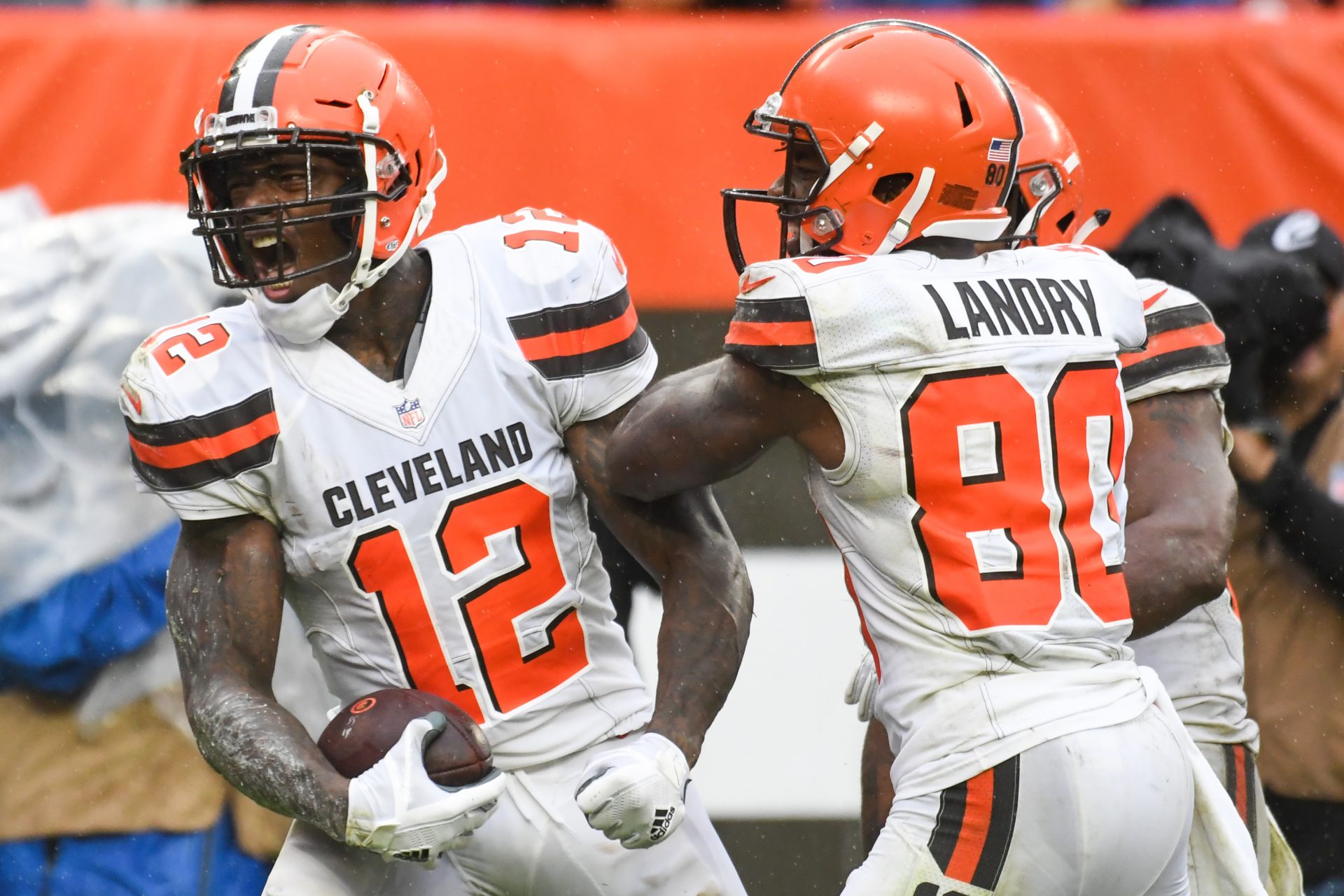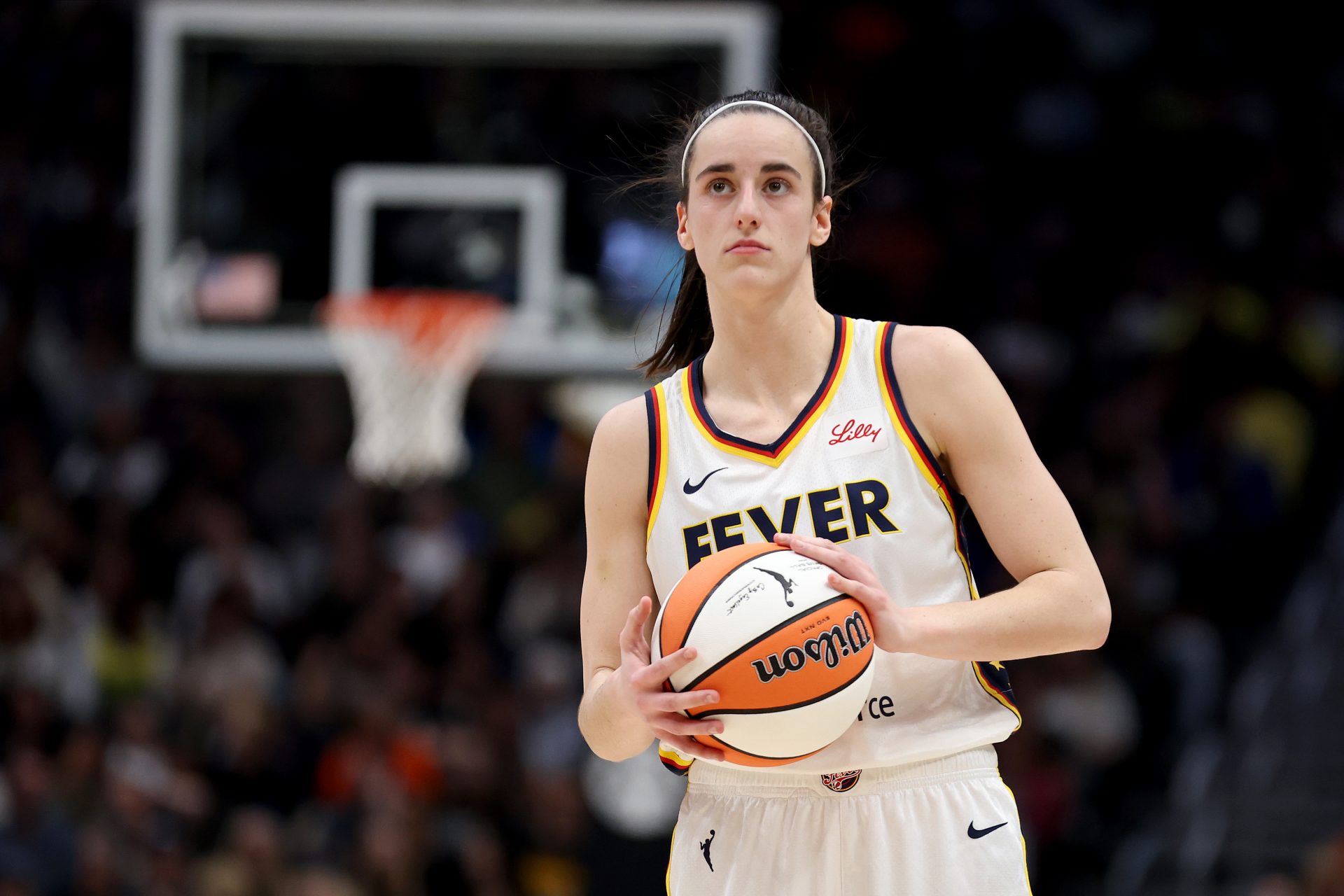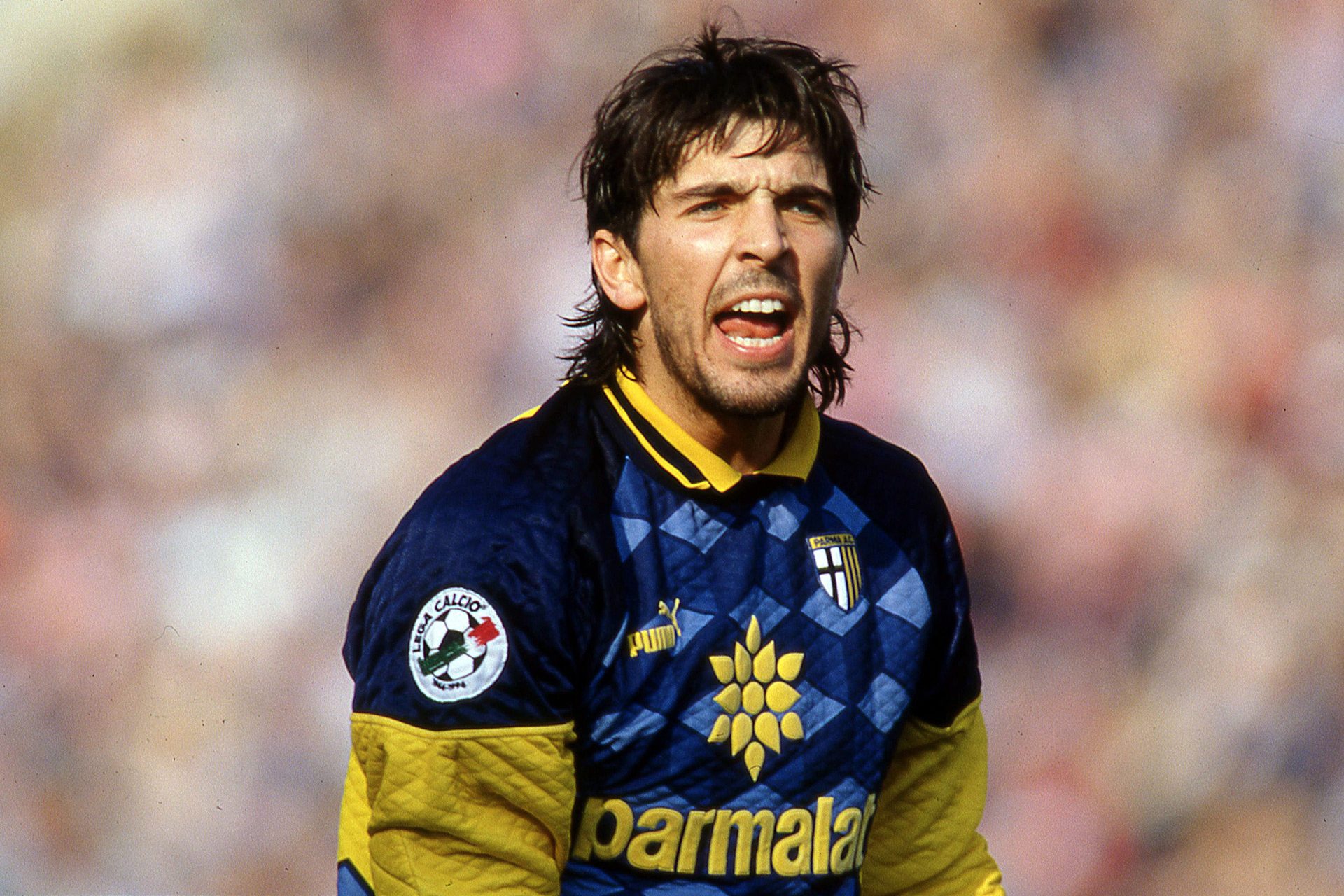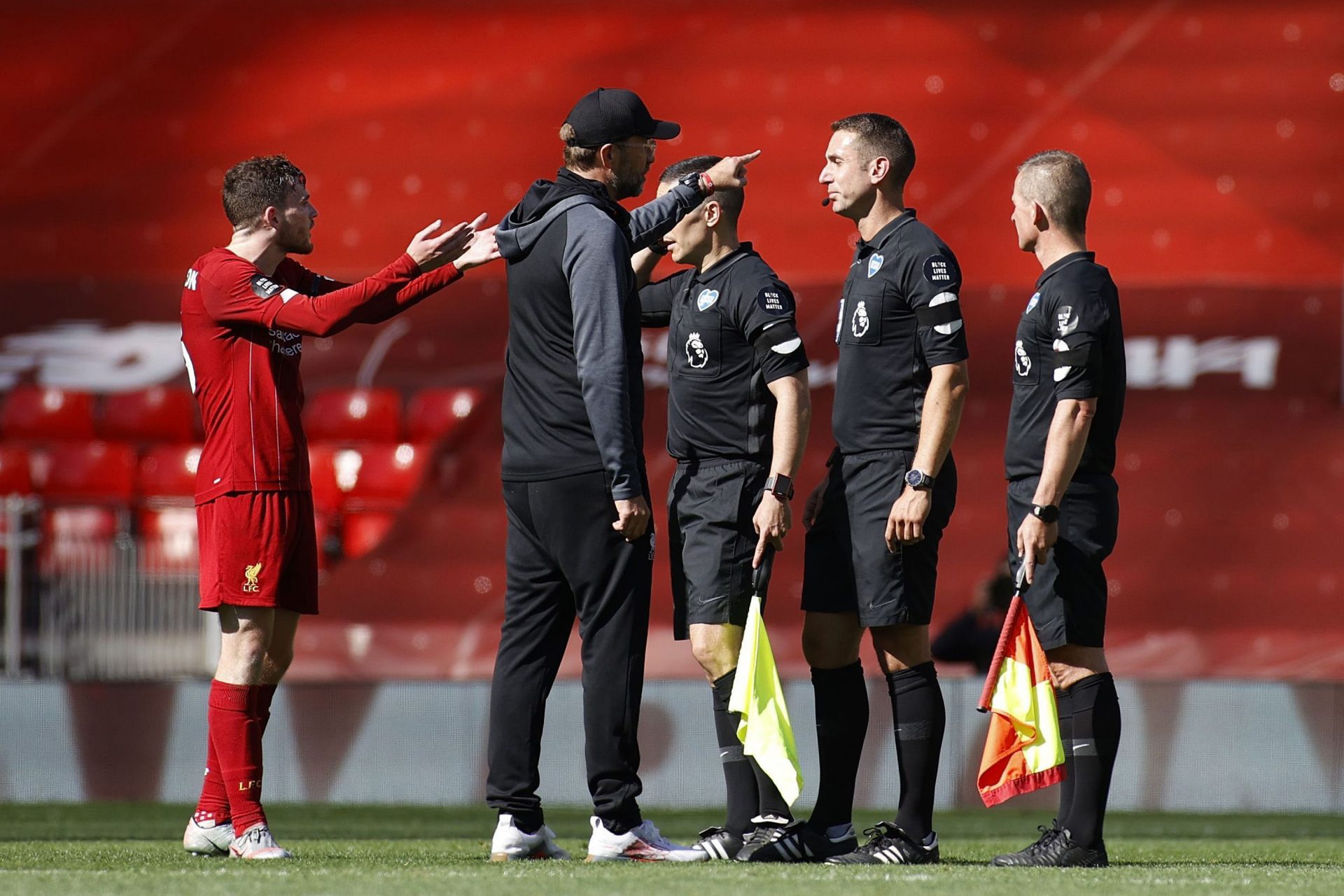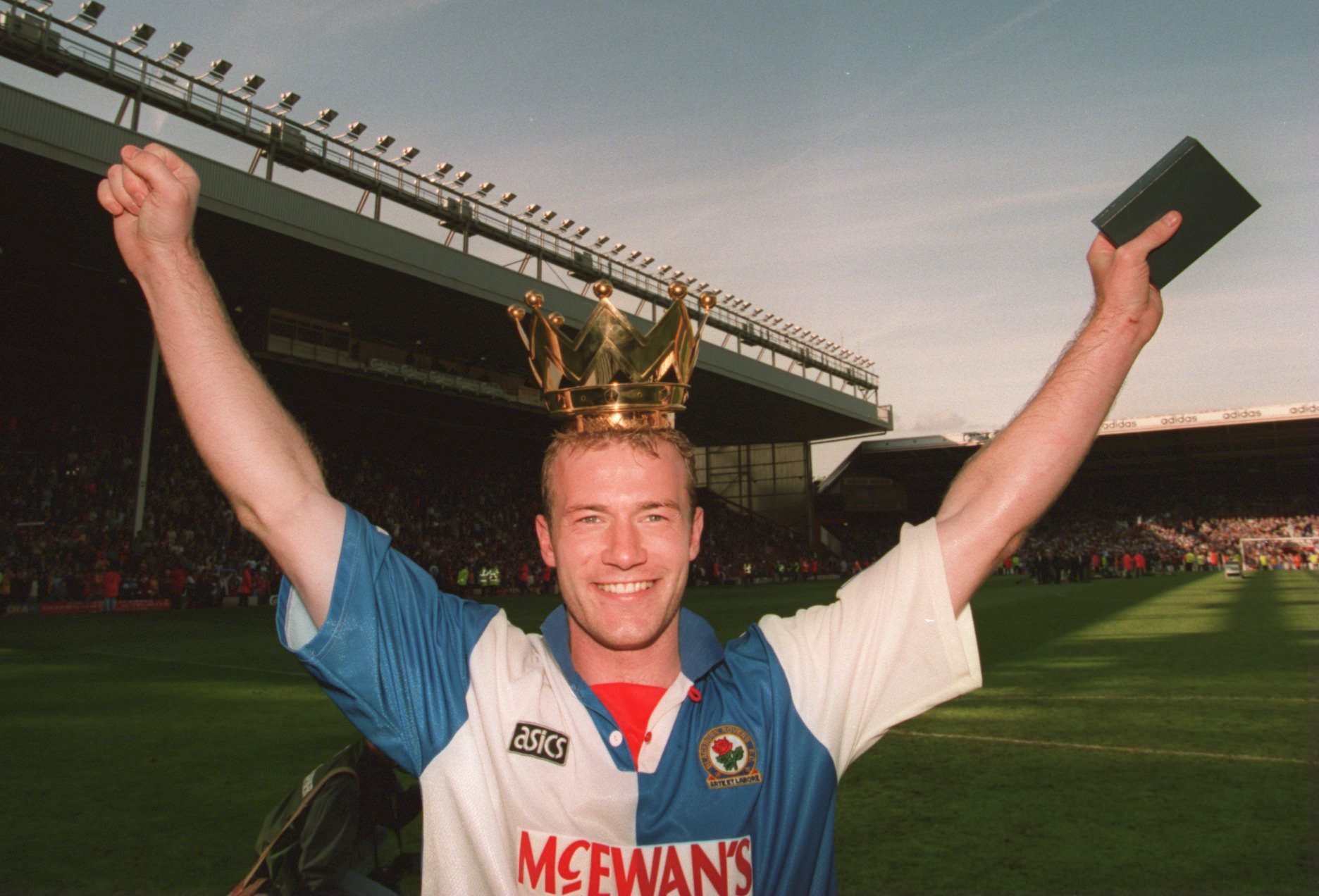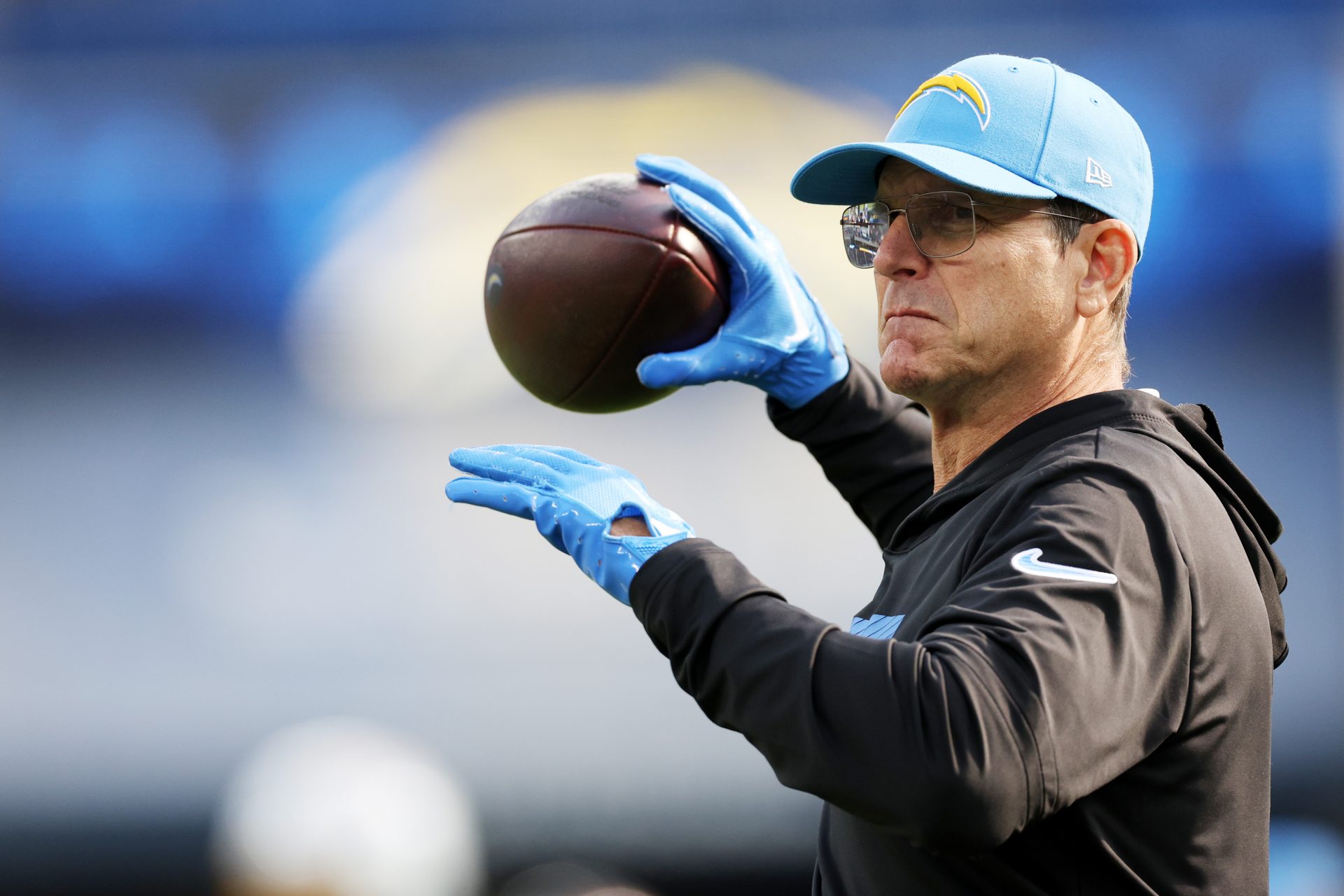Match-fixing and the Mob, what happened during the Chicago Black Sox Scandal?
America and baseball has been a long and loving relationship. with long summer nights passed watching at the ballpark, hotdog or popcorn in hand. Like every relationship, there have been ups and downs, from Cinderella runs to a World Series pennant to perhaps the darkest days in baseball history, back in 1919, when the Chicago White Sox disgraced the great name of baseball.
By 1919, the White Sox were one of the best teams in the MLB, having won the World Series two years prior and establishing themselves amongst the elite. Led by all-time great, ‘Shoeless’ Joe Jackson, the Sox had every opportunity to become perennial winners.
The White Sox were owned and run by Charles Comiskey, a former player and manager, who was integral in setting up the American League and helped found the White Sox themselves.
Want to see more like this? Follow us here for daily sports news, profiles and analysis!
Comiskey as a player was always fighting to earn more money, taking part in the breakaway Player’s League in an attempt to force owners to pay the players more money in the MLB. Despite this, as an owner, he was notorious for his cheap salaries.
Despite their recent success as a ball club, the Sox players were unhappy with Comiskey’s ownership, but due to rules at the time, players were unable to refuse contract offers or else receive bans. At this time there was also no player’s union to collectively bargain against ownership for better salaries.
Despite their collective distrust of ownership, there was a faction in the clubhouse who were far less outspoken. This clashed with the majority of the team, leading to a divided squad that rarely talked off the field.
The turn of the century saw a sharp rise in organized crime in America, especially in the biggest cities such as Chicago and New York. There were none more notorious than Arnold Rothstein, a casino owner and race fixer who flourished in the dark arts of gambling.
The 1919 World Series would see the 96–44 Cincinnati Reds take on the 88–52 White Sox, with the games being held on back-to-back days from October 1st through to the 9th.
Two weeks before the start of the series, first baseman Chick Gandil met with Joseph ‘Sport’ Sullivan, a bookmaker and gambler from Boston. Gandil and Sullivan settled on a plot, the White Sox lose the World Series and they would receive $80,000 (worth nearly $1,500,000 today), funded by Arnold Rothstein.
Gandil and the other conspirators met on September 21 to discuss the details of the plot. This included active participants and others who were simply in on the fix. News leaked to other team members who threatened to squeal unless they were paid off.
Want to see more like this? Follow us here for daily sports news, profiles and analysis!
The plan revolved around two of Chicago’s pitchers, Eddie Cicotte and Lefty Williams, losing their respective games, which happened to be Games One and Two of the World Series. If not for the illness of Red Faber, who was as straight-laced as they come, the conspiracy would’ve fallen flat before it even started.
Before Game One, money was suddenly pouring in for the Reds to win the flag, with gamblers rumbling amongst themselves the series must be fixed.
Eddie Cicotte was the White Sox’s starter for Game One, and with his second pitch struck the Reds’ lead-off batter on the back. This signaled to everyone involved the conspiracy was going ahead, the fix is in.
Despite the conspiracy, and the White Sox losing Games One and Two, there were enough members of the Chicago side not involved in the fix to make the series close. After falling to a 4-1 deficit, the Sox reeled off back-to-back wins with Cicotte taking Game Seven for the Sox, despite his involvement in the plot.
Before Game Eight, which was to be pitched by Lefty Williams, ‘Sport’ Sullivan and Arnold Rothstein, who had $270,000 (nearly $5,000,000 today) on the Reds to win, were starting to get nervous the players had backed out.
To ensure the players went through with it, Sullivan sent an associate to speak to Williams who was left in no doubt the consequences would be severe if he didn’t comply with the fix, the Sox would go on to lose Game Eight and the World Series.
Almost as soon as the World Series ended, there were rumors of the fix, with the White Sox playing the 1920 season under a cloud of suspicion. By September of that year, a grand jury had been formed to investigate the conspiracy, with Cicotte eventually confessing to his part in the fix.
Lefty Williams and Eddie Cicotte initially confessed to their crimes but later recanted with the daming evidence being provided by outfielder "Sleepy Bill" Burns. Burns named Rothstein along with eight White Sox players. Despite seemingly damming evidence, all eight were found not guilty by the jury.
Before the scandal, baseball had been run by the National Commission, which operated as more of a committee, but understanding the significance of the Black Sox scandal, the league knew changes were needed. Appointing federal judge Kenesaw Mountain Landis (yes, that is his real name) to be the single commissioner in charge of baseball.
All eight players named in the trial, including ‘Shoeless’ Joe Jackson, were indefinitely banned from baseball. Jackson initially confessed to accepting $5,000 to participate in the conspiracy but later recanted his confession and proclaimed innocence until his death in 1951.
Whilst some players tried to capitalize on their notoriety by setting up a barnstorming side, these plans fell flat with threats to anyone who played against them being banned for life from organized baseball. The White Sox wouldn’t win another World Series until 2005, with some blaming the ‘Curse of the Black Sox’ for their almost unprecedented run of failure.
Want to see more like this? Follow us here for daily sports news, profiles and analysis!
More for you
Top Stories
























